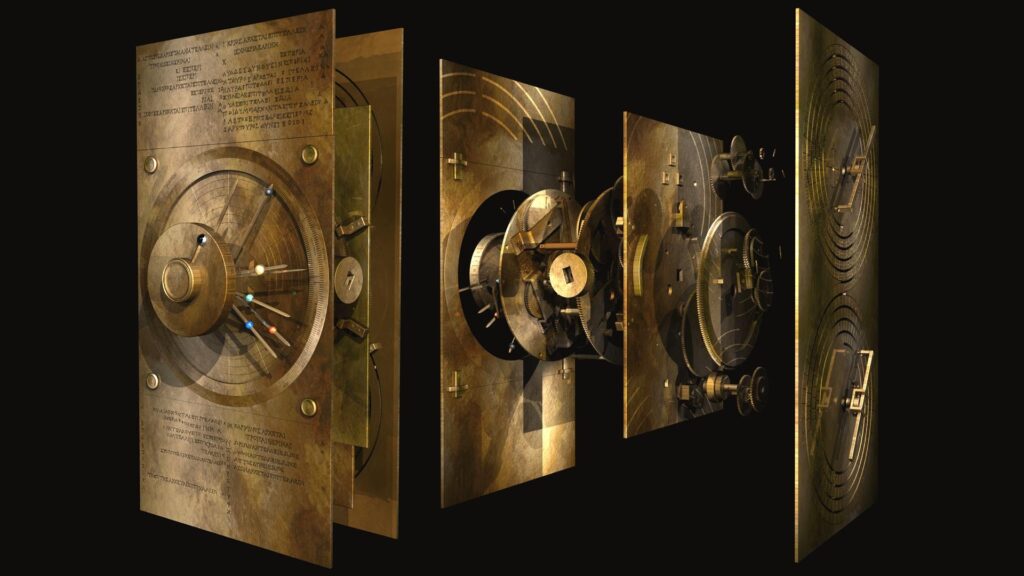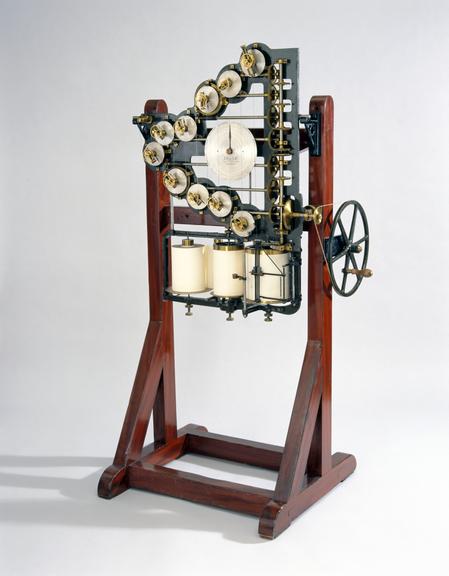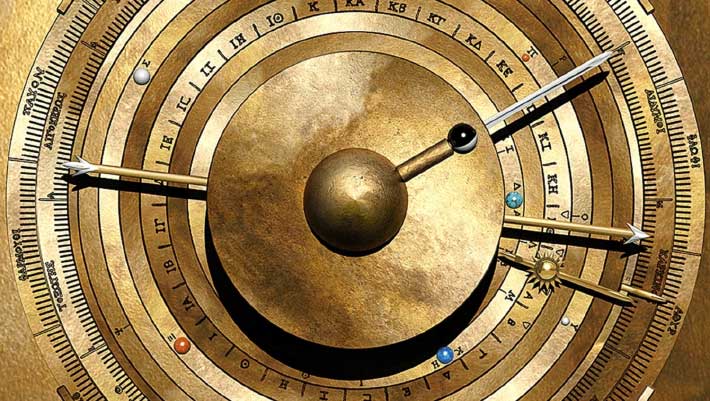In the shadow of our digital age lies a hidden world of computational marvels – “The Most Powerful Computers You’ve Never Heard Of.” These remarkable machines, primarily analog computers, have shaped history, solved complex problems, and pushed the boundaries of human knowledge, often without receiving the recognition they deserve.
What Are These Powerful Unknown Computers?
The most powerful computers you’ve never heard of are primarily analog computing devices that use physical quantities (like mechanical motion or electrical voltages) to represent and solve problems. Unlike digital computers that process discrete values, these analog powerhouses model problems directly, often achieving results faster and more efficiently for specific tasks.

Ancient Marvels: The Antikythera Mechanism
One of the most powerful computers you’ve never heard of dates back to ancient Greece. The Antikythera mechanism, discovered in a shipwreck in 1901, is a sophisticated analog computer from around 100-200 BC.
- Composition: 37 interlocking bronze gears
- Capabilities:
- Modeled motions of the Sun and Moon
- Predicted eclipses decades in advance
- Tracked the cycles of the Olympic Games
This ancient marvel showcased computational abilities that wouldn’t be seen again for over a millennium, truly earning its place among the most powerful computers you’ve never heard of.
Analog vs. Digital: Understanding Computational Power
To comprehend why some of the most powerful computers you’ve never heard of are analog, let’s compare analog and digital computing:
Analog Computers:
- Operate on continuous physical quantities
- Use physical analogies to represent problems
- Examples: Slide rules, mechanical integrators
Digital Computers:
- Work with discrete values, typically binary (0s and 1s)
- Process information symbolically
- Examples: Modern PCs, smartphones
Until the 1960s, some of the most powerful computers on the planet were analog devices, capable of solving complex problems with remarkable efficiency.
Lord Kelvin’s Tide-Predicting Machine: 19th Century Computational Power

In the 1860s, Lord Kelvin developed one of the most powerful computers you’ve never heard of: the tide-predicting machine.
Capabilities:
- Predicted tides for an entire year in just four hours
- Combined up to 10 frequency components (later versions used 26)
- Crucial for maritime navigation and even D-Day planning in World War II
This analog computer demonstrates how the most powerful computers you’ve never heard of often solved specific, complex problems more efficiently than general-purpose machines.
World War II: The Rise of Powerful Unknown Computers
During World War II, some of the most powerful computers you’ve never heard of were developed for military applications:
The M9 Gun Director:
- Purpose: Automated aiming of anti-aircraft guns
- Impact: Reduced rounds needed to down an aircraft from 17,000 to just 90
The Norden Bombsight:
- Complexity: Implemented 64 simultaneous algorithms
- Security: Highly classified, bombardiers carried guns to destroy it if captured
These powerful computers significantly improved military capabilities, showcasing why they’re among the most powerful computers you’ve never heard of.

The Digital Revolution: A Shift in Computational Power
Despite the power of these analog computers, the digital revolution took hold due to several factors:
- Claude Shannon’s work on Boolean algebra
- Digital computers’ versatility and precision
- Resilience to noise and errors
This shift explains why many of the most powerful computers you’ve never heard of faded from public memory.
The Comeback: Analog Computing in the AI Era
Interestingly, some of the most powerful computers you’ve never heard of might be making a comeback. Analog computing is experiencing a resurgence due to:
- Limitations of Moore’s Law in digital computing
- The demands of machine learning and AI
- Potential for analog computers to solve certain problems more efficiently
Why These Unknown Computers Matter
The most powerful computers you’ve never heard of matter because they:
- Solved critical real-world problems
- Pushed the boundaries of human knowledge
- Influenced the development of modern computing
- May hold the key to future computational challenges
Conclusion: The Legacy of Powerful Unknown Computers
From the Antikythera mechanism to potential future AI analog computers, the most powerful computers you’ve never heard of have played a crucial role in human progress. As we face new computational challenges, looking back at these powerful but unknown computers might provide inspiration for future innovations.
The story of the most powerful computers you’ve never heard of is a testament to human ingenuity and the cyclical nature of technological progress. It reminds us that solutions to future challenges may lie not just in advancing current technology, but also in reimagining ideas from the past.
What are your thoughts on these powerful unknown computers?
Do you think analog computing could make a significant comeback in the AI era?
Share your views in the comments below!


